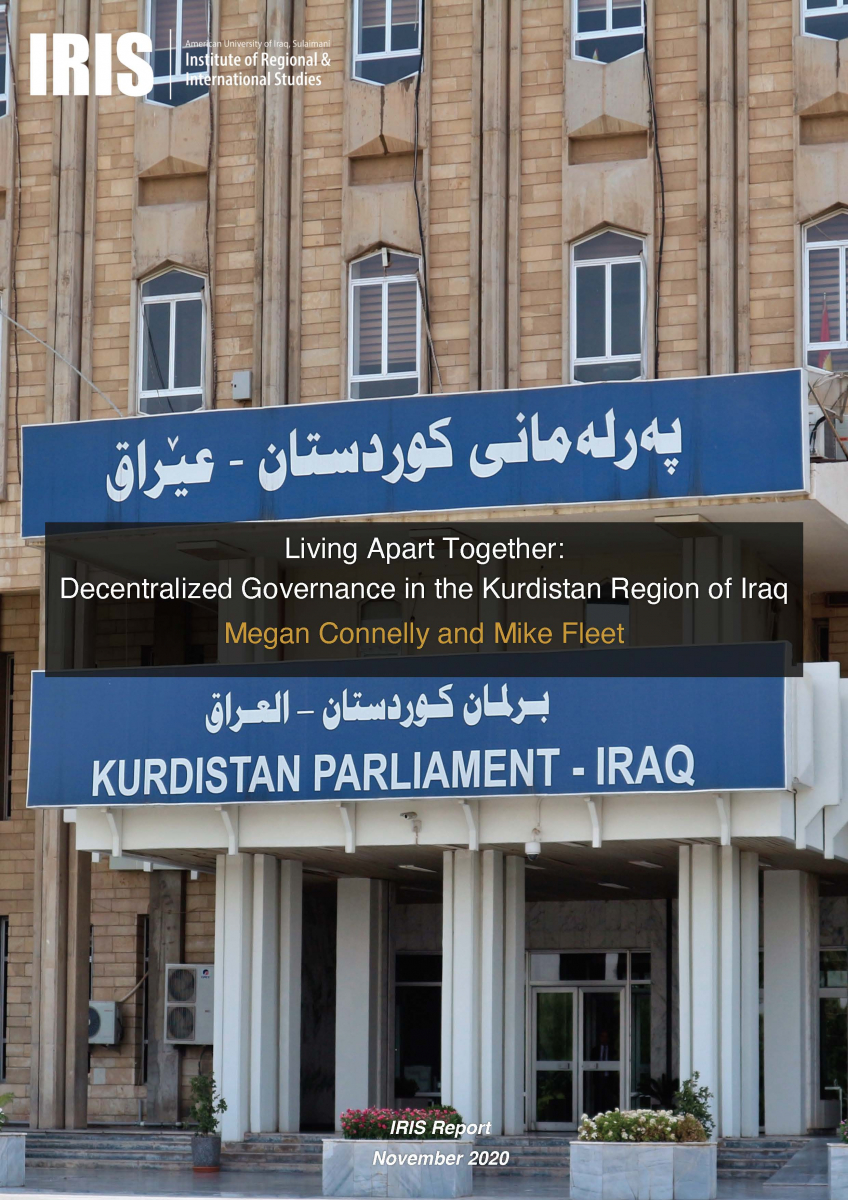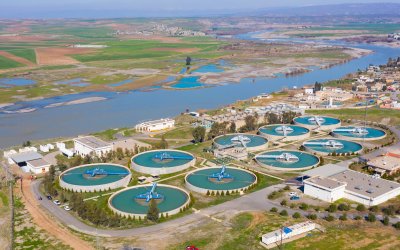After the reunification of the Kurdistan Regional Government (KRG) in 2005, the region was governed under a power sharing coalition dominated by the Kurdistan Democratic Party (KDP) and Patriotic Union of Kurdistan’s (PUK). The parties’ previously separate de facto governments were incorporated into a unitary political system governed on the principle of “decentralization” with the incentive of joint-power and revenue sharing. Decentralization as defined by Kurdistan Region law both legitimized the survival of party-dominated local governments and facilitated compromise through the regulation of these administrations within a highly centralized bureaucracy in which both parties participated. However, political and economic shocks have transformed the principle of decentralization within the Kurdistan Region of Iraq (KRI) into an instrument of leverage between the KDP and the PUK. As a response to an increasing tendency toward administrative and fiscal centralization under a KDP-dominated KRG, the Sulaymaniyah-based PUK has sought to exert greater control over local governments and revenues. Namely, it has wielded explicit or implied threats of secession from the KRG as an inducement to bargain for autonomy and a greater share of influence and privileges. Policymakers have focused on security sector reform and diplomatic pressure to promote cooperation between the KRI’s political parties, but power-sharing is largely a product of fiscal incentives created by Iraq’s federal system and supported by the KRG’s centralized administrative framework. Disruptions to these structural conditions for consensus now create conflict within the system as both parties renegotiate their financial entitlements and scope of their administrative control through brinksmanship. The parties’ abandonment of consensus can be expected to produce further instability and conflict within the KRI.
Click here or on the report cover below for the full article.






